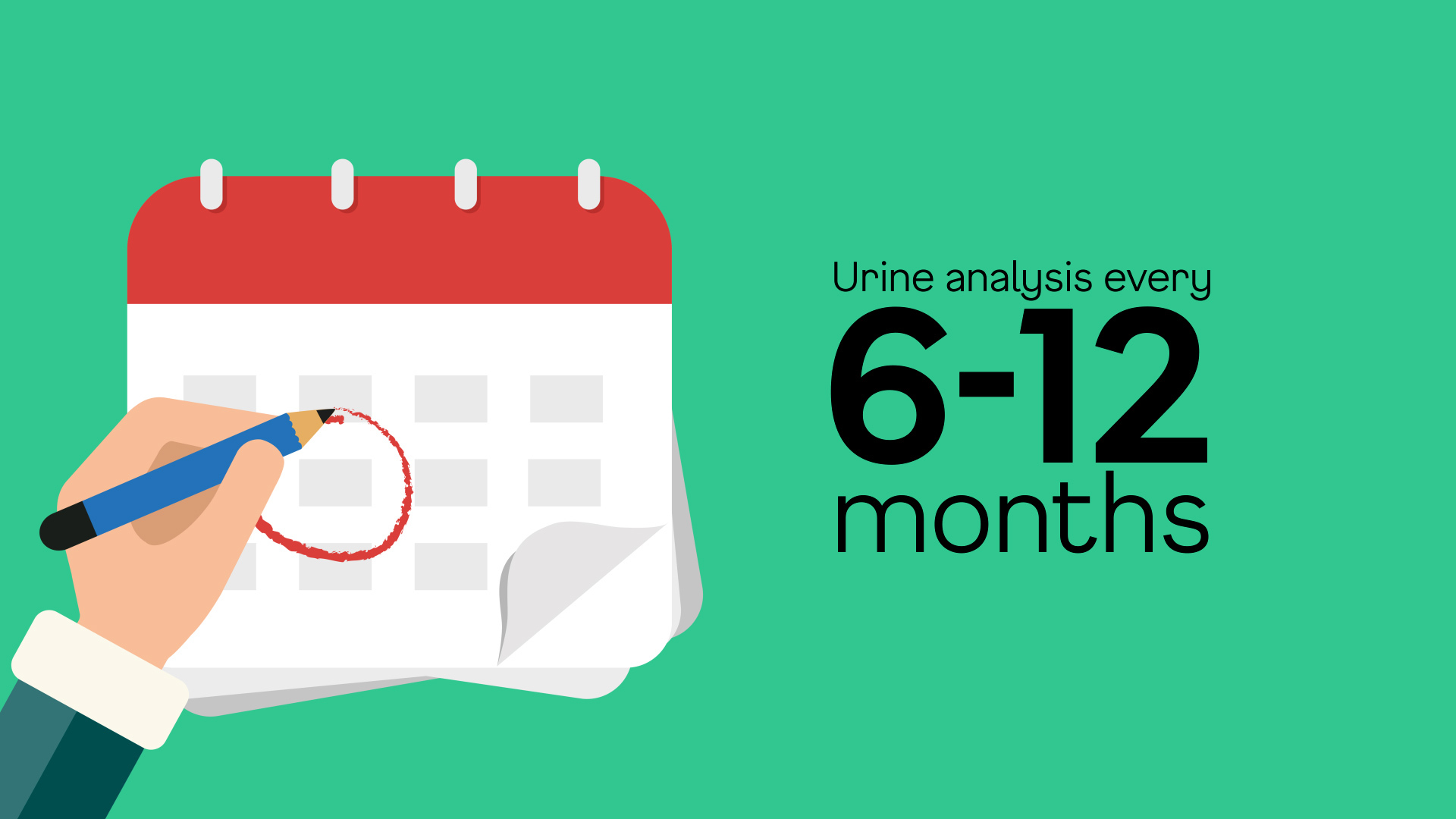Having a new member in your family is exciting. Planning for a family requires careful thinking and preparations. With the arrival of your baby, it is no longer just you and your partner – a precious little being now depends on the both of you.

Though tears, tragedy and family insurance may not come to mind at first, it is still best to be prepared for whatever life throws your way. Here then are 10 tips on how to prepare for before and after your baby arrives. These tips will help you better manage the multiple demands of parenthood, and make your new journey less bumpy and infinitely more enjoyable.
1. Agree on your parenting style
Discuss with your partner if you will be a hands-on parent, or if you will raise your child with the help of another caregiver.
Assess your finances and decide if both of you need to work or if one of you will stay home to care for baby full time. With the new addition to your family and the expenses that come with raising a child, it is important that you speak about savings and securing your family's future. Make sure both of you are in-sync with the decisions as setting clear expectations will reduce unnecessary disagreements and tension.

2. Set sleeping and feeding times
During the early months, your newborn will feed a lot and will keep you up at strange hours, so it might make things easier by keeping him nearby i.e. in the same room, as opposed to having him in a separate room.
Talk to your spouse and decide if baby will co-sleep or room-share with the both of you, or if he will sleep in his own crib in another room. Likewise, it's important to decide early if you will breastfeed or rely on infant formula, as breastfeeding may take time to establish and it needs to be incorporated into your daily routines.
3. Prepare baby's essentials
The little one may seem so small to need many things, but essentially, there are several things to prepare for his daily use and for heading out, for example. Prepare baby's nursery with items such as a crib, dresser, changing table, undershirts and sleepers/pyjamas, mittens and booties, receiving blankets, diapers, wipes, diaper rash ointment, bottles (if not breastfeeding), bottle brushes, bibs, burp cloths, and towels.
If breastfeeding, keep the following handy: breast pump, nipple cream, nursing bra, nursing pads, nursing pillow, and bottles for storing milk.
When travelling or going out-and-about, it is convenient to have a stroller, car seat or baby carrier, plus a well-stocked diaper bag.
4. Schedule regular visits to the doctor
Once you have decided on your baby's doctor or paediatrician, do plan for visits to ensure that your child is meeting his developmental milestones and to address any concerns that you may have. Ensure that your little one gets all his necessary vaccines as scheduled, so that he is protected.
5. Insure your baby
From the moment your baby is born, he’s covered under MediShield Life, which protects Singaporeans and Permanent Residents, including those with pre-existing conditions. It helps pay for very large hospital bills and certain costly outpatient treatments such as chemotherapy for cancer. As it's subsidised for treatment at public hospitals, payouts are pegged at Class B2/C wards, which are shared and non-airconditioned wards.
If you prefer additional benefits on top of MediShield, you can purchase a Medisave-approved Integrated Shield plan from a private insurer. Such Integrated Shield plans offer higher insurance coverage that can cover treatment at private hospitals or stays in A/B1 wards in restructured hospitals, and typically have higher claim limits.
Take advantage of Integrated Shield plans, such as Singlife Shield, where you can enjoy discounted premium rates for your children. The cost savings could be more significant than you imagine over the long term.
6. Take nutrition seriously
Diet plays an important role in keeping our bodies in the best of health. Now that you have another person to care for and who will depend greatly on you especially in the first few years, it is important that both of you take charge of your health.

According to Philippines- and USA-registered dietitian-nutritionist Cheshire Que, "A well balanced diet post-pregnancy should be composed of whole grains, fruits and vegetables, lean meat, seafood or poultry, low-fat dairy products and good fats."
Que, who is the CEO of A List Professional Health Consulting Co., also asserts that breastfeeding combined with a well-balanced diet is the safest and most effective way to lose post-pregnancy weight.
7. Get active
Embark on a simple fitness routine after your doctor gives the green light to exercise. Que recommends 10 minutes of brisk walking two to three times a day.

If you have been doing yoga or Pilates before delivering your child, continue your practice as soon as you get medical clearance, says Yanti Marduli, a yoga, Pilates and ballet instructor.
Always start slow to minimise risks of injuries. Gradually increase the duration and frequency of your physical activity in the succeeding weeks and as you get stronger and more comfortable with your new role as a parent.
8. Give yourself enough rest and sleep
Looking after a baby sounds like an easy task when all they seem to do is sleep most of the time. However, new parents need to be alert and on your toes when looking after your child, so do take care of yourself by making sure you have regular breaks and relaxation time.

Alongside with hormonal changes, lack of sleep can impair your judgment and make you impatient and irritable, which is likely to upset your infant.
9. Share baby duties with your spouse
Have daddy involved in different tasks – burping the baby, bathing him or give your little angel a stroller ride to the nearby park. You can also take turns to change nappies and wake at night to feed and soothe your baby. This encourages your partner to bond with your new child, which is fundamental in your baby's development too.
Document your parenting adventures and misadventures by taking pictures and videos and creating albums or scrapbooks.
Always remember that both of you were a couple before baby came along. Make time to be together, just the both of you, whenever possible. Couple-time need not be costly, and simple activities like enjoying a romantic meal or watching a favourite play together will keep you close and connected.
10. Prepare for your child's tertiary education
With inflation going up and the rising cost of education, it is never too early to set aside funds if you are planning to pay for your little one's tertiary education.
If you are looking for something simple, structured and secure, you might want to consider Singlife Choice Saver. It is a savings plan that secures your capital 100% and gives you guaranteed payouts, as long as you pay your premiums accordingly.
Add-ons are also available to protect against situations where you might not be able to continue paying premiums. For example, you can choose to add on a cancer premium waiver rider – in the event that you are diagnosed with a major cancer, not only are the premiums waived, but your child's education fund is secured and continues to grow.
Celebrate parenthood and the arrival of your child by being well-informed of what to prepare for the journey ahead. Perhaps most important is to stay healthy and safeguard your family's future with insurance.

















